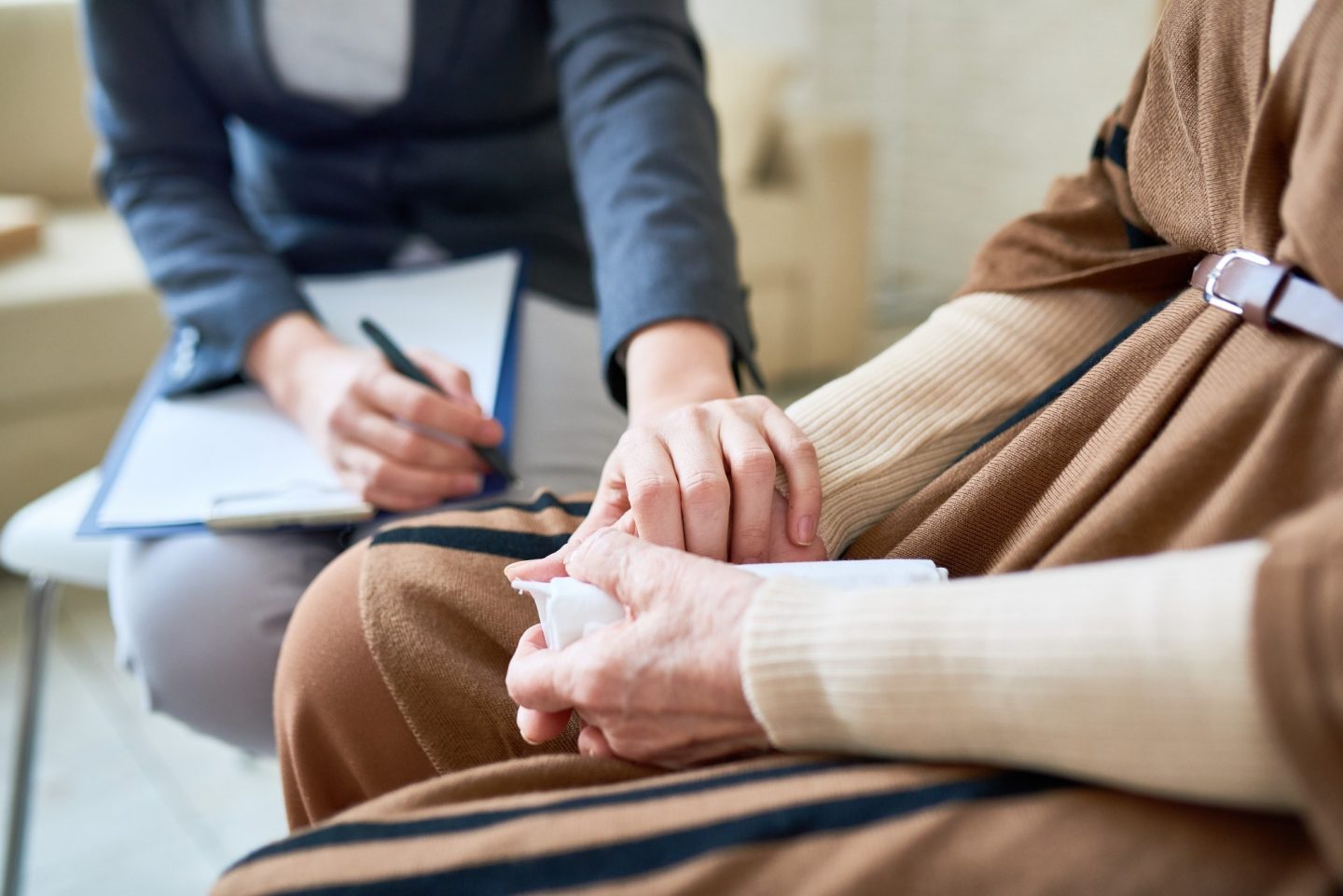However, what constitutes the ‘right’ support, the ‘right’ time and in the ‘right’ way can look different for each family and, indeed, different family members even within the same family.
There is increasing recognition that earlier theories of loss which focused on passing through stages and reaching a magical place of ‘acceptance’ are perhaps not reflective of experiences of loss. Such theories may even be harmful to those who are grieving by suggesting that they are not making progress or that their responses are problematic and not ‘normal’.
We now know that grief is not something to be fixed or resolved, but an ongoing process of integrating the experience of loss and finding new ways to sustain or recreate a relationship with the person who has died, now and for the remainder of the life of those who are bereaved. Such connection and integration can and does come in many different forms and so delivering the right response requires us to be curious about how someone is making sense of their loss, to seek to understand their needs, to stay non-judgemental and to accept someone where they are, rather than where we think they should be.
Delivering the right response requires us to be curious about how someone is making sense of their loss, to seek to understand their needs, to stay non-judgemental and to accept someone where they are
Dr Nicola Lester, Psychological Trauma Consultancy
The right support, delivered at the right time, and in the right way may vary from person to person; however, the principles of trauma-informed practice offer a useful framework to structure our response. Creating safety requires kindness, compassion, honesty and understanding. Restoring control asks that we find and offer choices wherever and however we can, even when it seems that there may be none.
Supporting coping demands our appreciation of the differing ways in which those who are grieving are making sense of their loss and honouring their loved one. Facilitating connections involves exploring wider networks of social and community support and removing barriers to access. Responding to identity and context calls for us to pay attention to and challenge our assumptions and practise humility instead.
Finally, building strengths compels us to notice the pain of grief and to address how organisational and individual responses to sudden loss can often compound the suffering and distress of those who are bereaved.
At Brake, this commitment to deliver the right support, at the right time, in the right way, means that we bear witness not just to grief and pain, but also to love, the power of human connection, and the ways in which it transcends all life; and this is a heart-breaking privilege.
This blog was written for Road Safety Week 2024. The theme is After the crash – Every road victim counts. Click here to find out more and sign up to take part.
Views expressed in blogs are those of the author and do not necessarily represent the views of Brake, the road safety charity, or its employees.
Dr Nicola Lester, Psychological Trauma Consultancy
Nicola is the clinical consultant for the National Road Victim Service and has worked with Brake for four years. She provides clinical guidance and support to caseworkers to develop trauma-informed approaches to their practice. Nicola previously worked as a mental health nurse, and specialises in working with psychological trauma, supporting organisations in the UK and overseas to develop trauma-informed approaches to practice. She has a specialist interest in understanding how organisational responses to traumatic bereavement affect bereaved families.
